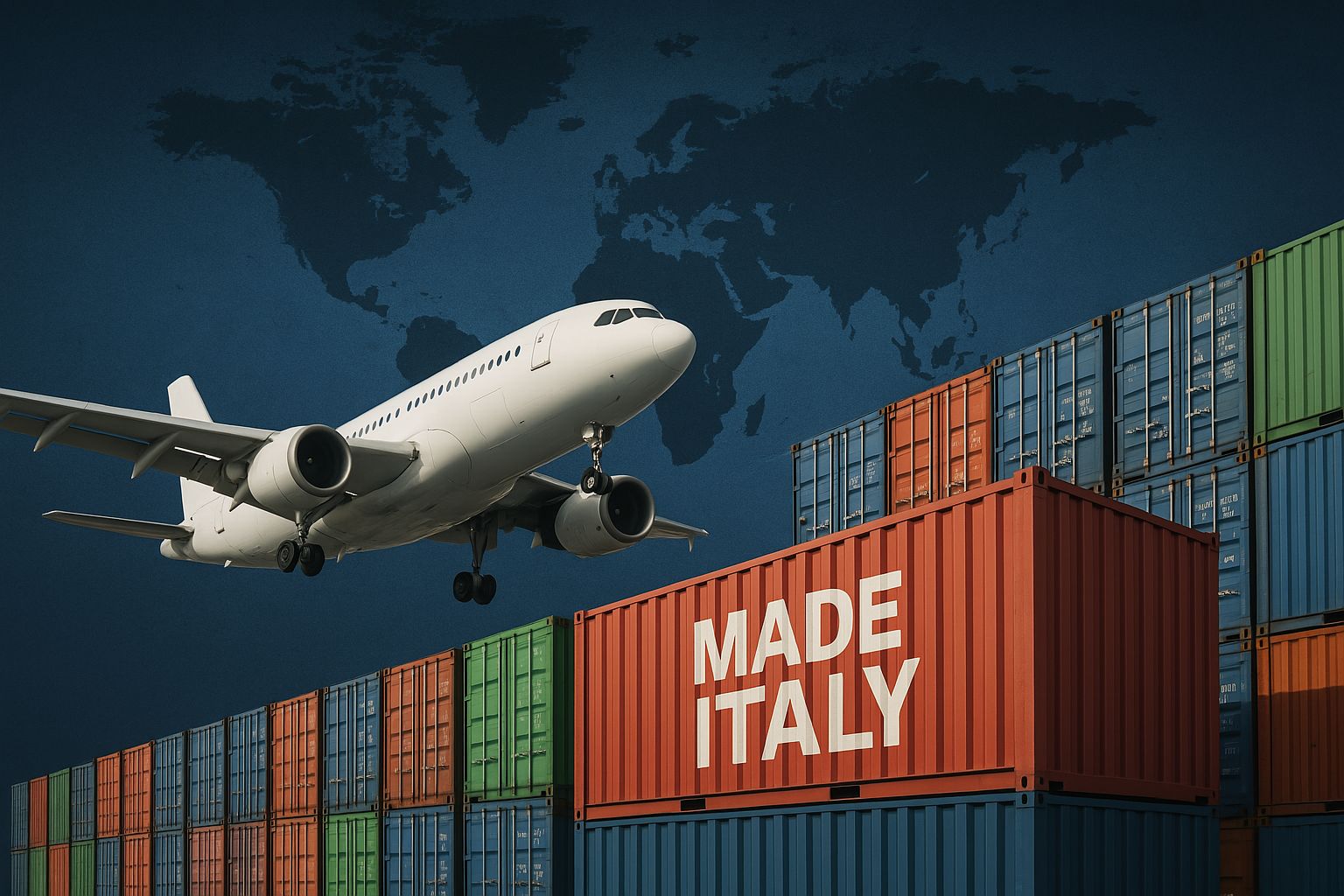At first it was just rumour, now it is a fact: by 2035 the European Union wants to completely wipe out cars with internal combustion engines. However, concern is growing among European car manufacturing magnates, not only because of the drastic cut in their production, but because this would open the way to chemical fuels and the risk of replacing one dependency with another: from fossil fuels to dependency on microchips and batteries.
It seems impossible to imagine, but the first electric car was put on the market at the end of the 19th century, and today new electric cars have the same problems as their ancestors: when it comes to large-scale production, internal combustion cars come out with a lower price and widespread distribution of fuel stations. Unlike in the 1800s, however, today we are faced with great ethical issues of geopolitical and environmental relevance: simplifying, climate change is forcing us to make different choices to avoid further pollution of our planet.
forecasts estimate that between now and 2030, electric cars sold will account for around 60 per cent of the total
As mentioned earlier, electric cars have already been on the market for many years, but only in recent years has the electric business been gaining strength: particularly since 2020, there has been an almost vertical rise of the sector, and it only seems destined to grow. Some forecasts estimate that between now and 2030, electric cars sold will account for around 60 per cent of the total. Yet the sector seems to be facing a lot of challenges: for manufacturers aiming for leadership, it is essential to be well positioned along three key lines: semiconductors, batteries and minerals. Here, China occupies a strategic position, controlling almost the entire mining sector, with its 55% of the global deposits and 35% of the worldwide battery production, thus disrupting the United States and Europe, which are inevitably in competition with the country. Just to give an example, the American company Tesla, considered the most famous global producer of electric cars, is heavily dependent on imports of Chinese parts, especially chips. As for Europe, it has to make even more efforts, because in 2020, electric cars sold only accounted for 5% of the total. In addition, the inequality between member states concerning electric charging points and many other weaknesses is not yielding the results Brussels hoped for.
In order to try to reduce dependence on Chinese raw materials, Europe and the United States could cooperate more to strengthen their respective supply chains, but the inevitable problem of mineral deposits needed for car production risks to remain unsolved.
✅ Edited by Eileen from the Chinese office of Pangea Studio Associato
📧 shanghai@studio-pangea.com
📞 (0086) 21 56961365



